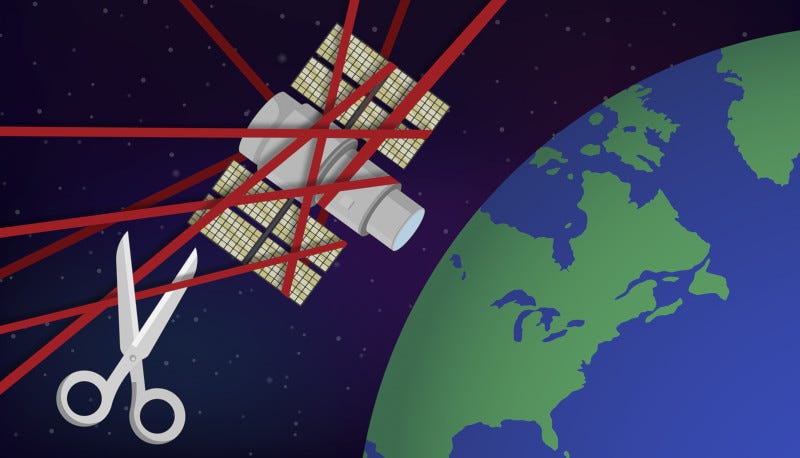New Space Export Control Rules Offer Regulatory Relief
One Final Rule Issued, Three Open for Public Comments
On October 17, the Departments of Commerce (DOC) and State released a series of space export control rulemakings intended to enable a globally competitive U.S. industrial base while protecting national security and foreign policy interests.
“As the diversity of commercial activity in space grows, these rules will reduce the burden for U.S. industry to co…




